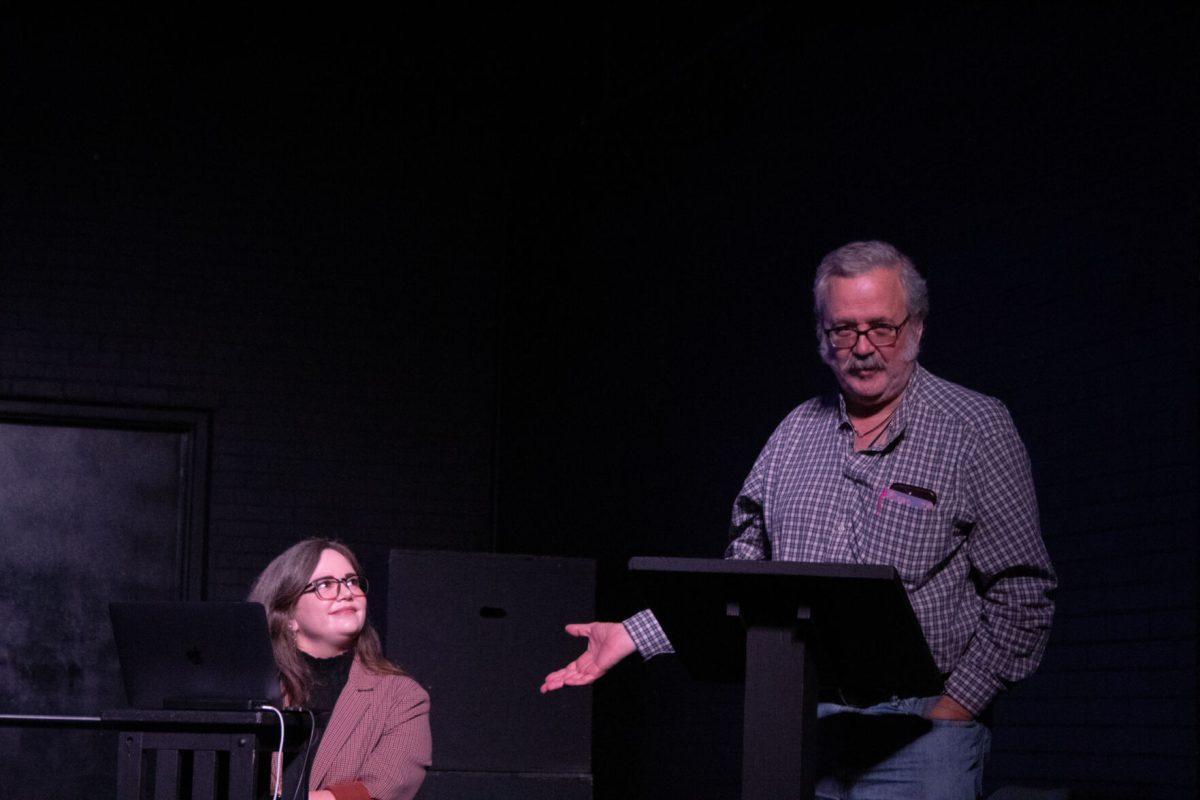This week, Student Government and the Office of Student Advocacy and Accountability are drumming up support for their anti-hazing campaign during National Hazing Prevention Week.
Hazing Prevention Week takes place across the country and is typically held in the last week of September, according to HazingPrevention.org.
In the university’s policy statement on hazing, hazing is defined as “any intentional, knowing, or reckless act, occurring on or off campus, by one person alone or acting with others, that subjects a student to an unreasonable risk of physical, mental, emotional or academic harm for reasons related to that student’s status at the University or for the purpose of pledging, being initiated into, affiliating with, holding office in or maintaining membership in any organization whose members are or include students at the University.”
In April, $5,000 was allocated to fund an anti-hazing campaign on campus, The Daily Reveille previously reported. The money went toward producing a campaign video, released earlier this year, and creating flyers and advertisements.
Besides the new branch of the LSU website dedicated entirely to hazing awareness and preventions, a hazing hotline was introduced where students can call in and report incidents of hazing, SG President Andrew Mahtook said. Through the system, students can also report incidents online anonymously.
“We’re excited about that, and in the future, we’re excited just to spread this initiative and to do whatever we can to eradicate all forms of hazing on campus,” Mahtook said.
Mahtook said he thinks educating the community on hazing can help prevent instances on campus.
“I think a lot of the importance stems from a lack of knowledge on the subject,” Mahtook said. “One of the biggest takeaways is educating students, faculty and staff on what exactly hazing is, and how to report signs and prevent it.”
SG senator Alexandra de Gravelle, who co-wrote the bill for campaign funding in April, said it’s important to raise awareness about hazing to change students’ mindset.
“I think it’s been put to the mind of new members that it’s OK because everybody else does it to go through it, and that’s what really irks me about it,” de Gravelle said. “It’s become a social thing that’s just accepted that no one really speaks out against.”
SG Vice President Hannah Knight said one of the goals of the campaign is to let students know that hazing is widespread across campus, not just contained to certain groups on campus.
“Hazing can happen in any campus organization, any type of student group, so I think that’s something we’re trying to make students aware of,” Knight said.
Student Government hopes to have laptops set up in Free Speech Plaza soon where students can take the anti-hazing pledge, de Gravelle said.
While Student Government and the Office of Student Advocacy and Accountability are spearheading this campaign, other campus organizations, such as the Interfraternity Council, are involved.
“This week is great to shed light on an issue that is not only a national issue but a campus issue,” said IFC Vice President of Public Relations Jayce Genco, who previously worked for The Daily Reveille. “IFC is committed to eradicating hazing in our community, and we’re willing to provide the necessary resources and programming to our chapters to ensure that hazing is never a problem in our community. ”
SG, Student Advocacy and Accountability promote anti-hazing awareness
By Tia Banerjee
September 22, 2015
More to Discover









